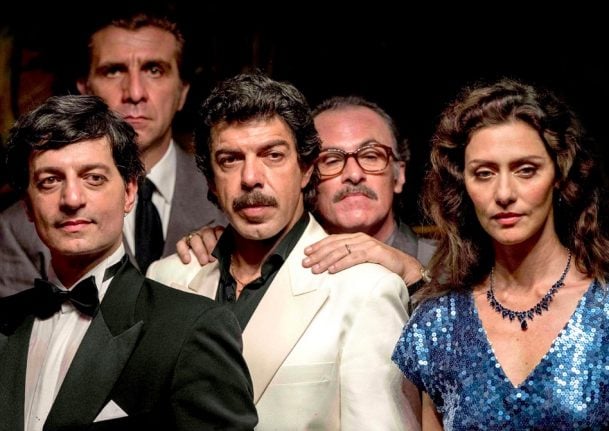The Administrative Court in Södermanland in eastern Sweden ruled on Monday that a decision by Eskilstuna municipality to include the ban in alcohol policy guidelines was in breach of legislation on freedom of expression.
The municipality decided in June last year that licensed premises in the city were not allowed to permit entry to people bearing “clothes which display affinity or membership with a gang or group that can be perceived as criminal.”
Several other municipalities in Sweden had been considering the introduction of similar bans.
But Monday’s decision, following an appeal to the court, clears the way once more for biker gang jackets and logos to be worn at pubs and bars.
The three main criminal motorcycle gangs operating in Sweden are the well-established Hells Angels and Bandidos, and the Outlaws, who are relatively new on the scene.
The groups themselves habitually argue that while individual members may commit crimes, the clubs themselves preach “brotherhood” above all.
According to a National Council for Crime Prevention (Brå) report from 1999 however the vast majority of Hells Angels and Bandidos members held convictions, 22 percent of which were for violent crimes.



 Please whitelist us to continue reading.
Please whitelist us to continue reading.
Member comments